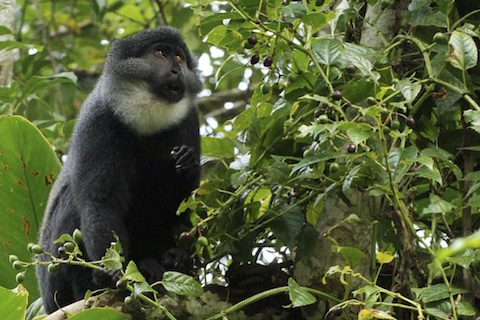Government strongly endorse national spatial planning that incorporates Key Biodiversity Areas
19th November 2020
Results of voting : A: Governments; B: NGOs and Indigenous peoples’ organisations
Governments and civil society organisations around the world have adopted a Resolution that each country make spatially explicit conservation plans for biodiversity that incorporate a national assessment of Key Biodiversity Areas (KBAs), together with the connectivity required between them, and use these to guide the expansion of protected and conserved areas. KBAs are sites important for the global persistence of biodiversity and their identification and safeguard nationally will ensure that globally important populations of species and extent of habitats are maintained for the long term.
The International Union for the Conservation of Nature (IUCN) represents the global conservation community. Every 4 years it hosts the World Conservation Congress at which motions for action are proposed; if adopted as Resolutions, they become part of the general body of policy of the Union. This year IUCN Members from the KBA Partnership, advised by the IUCN Connectivity Conservation Specialist Group, developed a motion that calls on governments to develop spatial plans, incorporate them in their National Biodiversity Strategy and Action Plans, and ensure they are mainstreamed in government planning processes. It also calls upon governments, NGOs and donors to support the establishment and functioning of KBA National Coordination Groups in each country to ensure that KBAs are identified nationally. Developing these spatially explicit plans will help guide development of infrastructure, expansion of cities and agriculture, and siting of business developments so that their impacts on biodiversity are minimised.
The motion can be found at: https://www.iucncongress2020.org/motion/096


